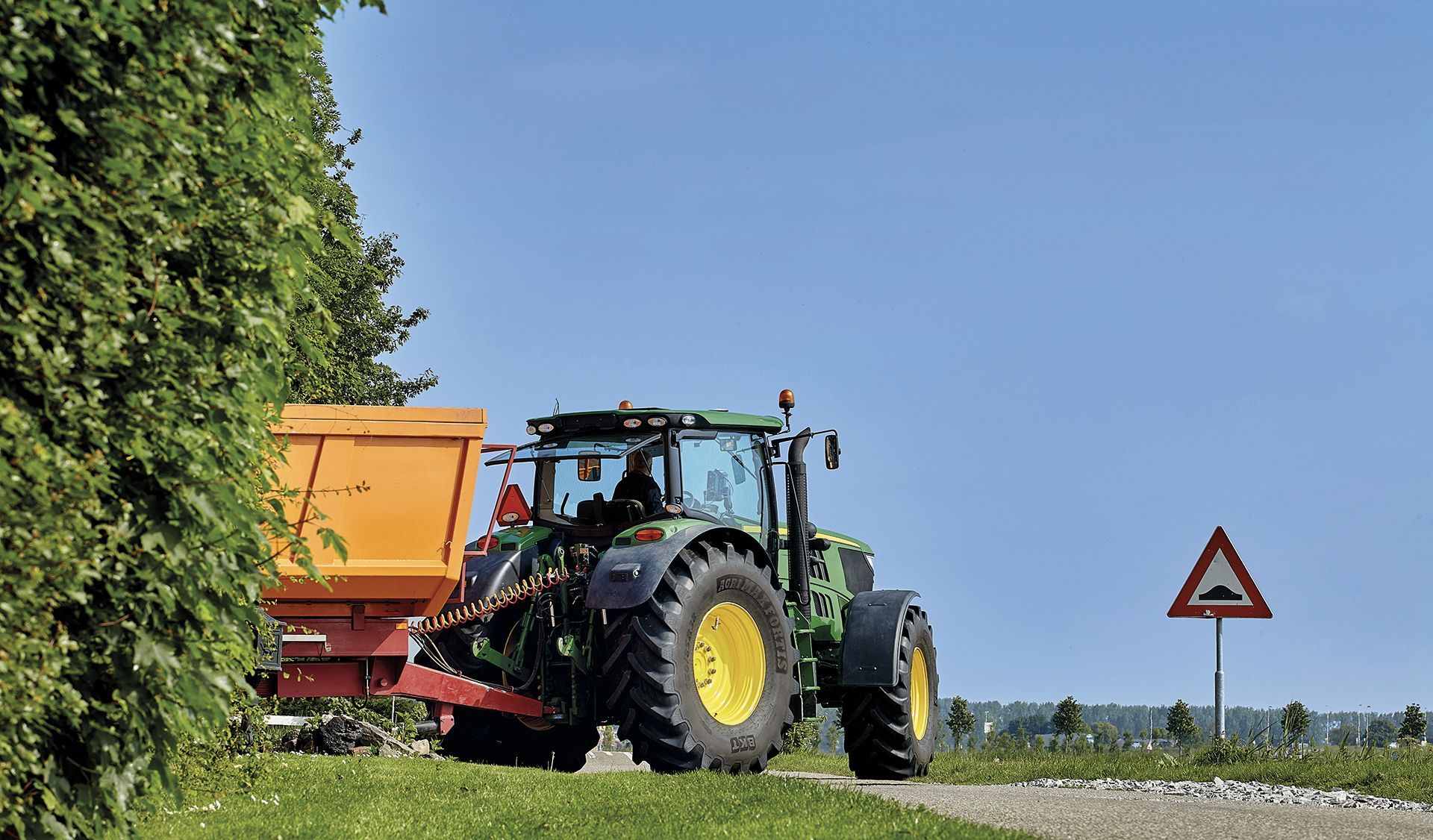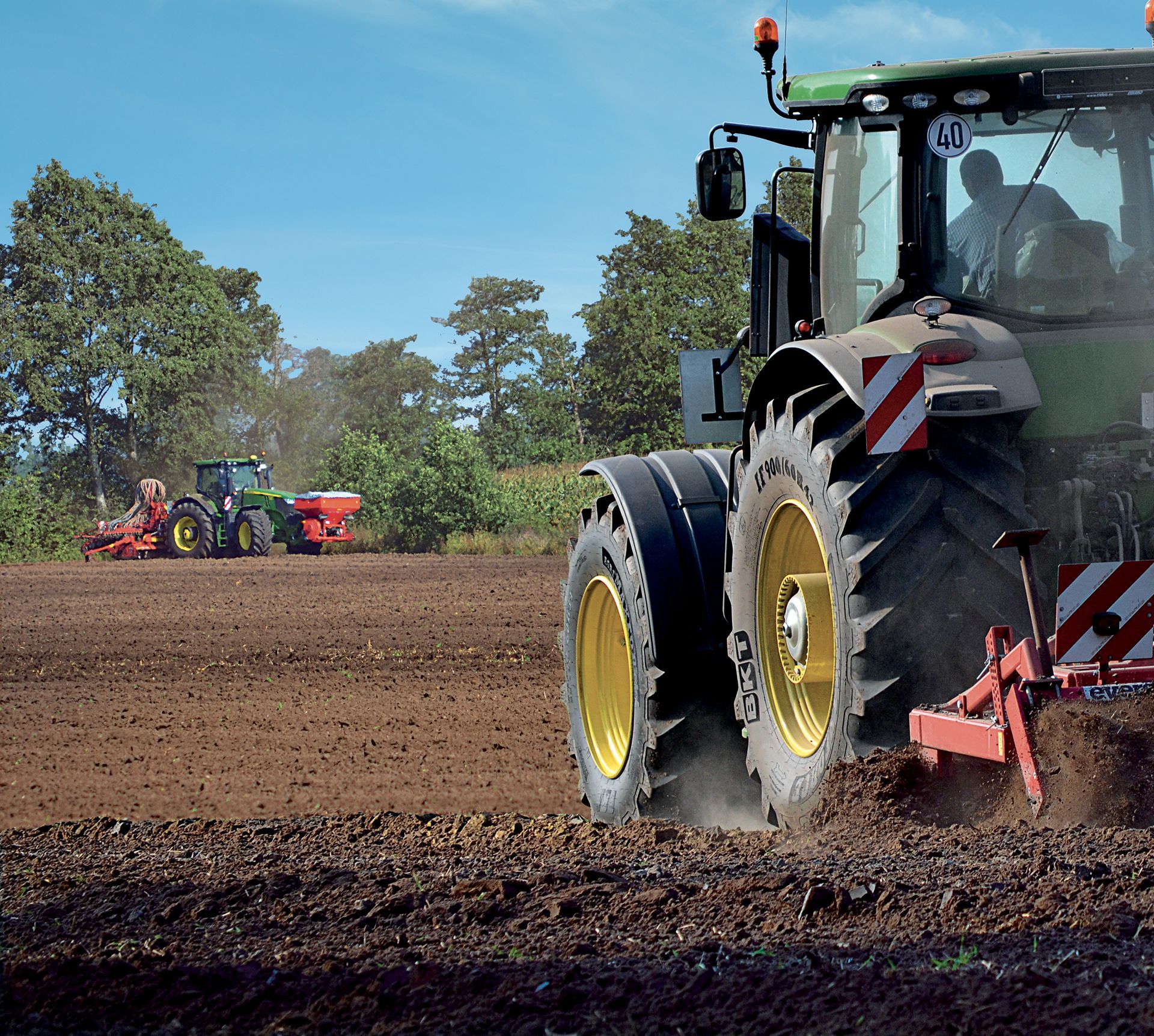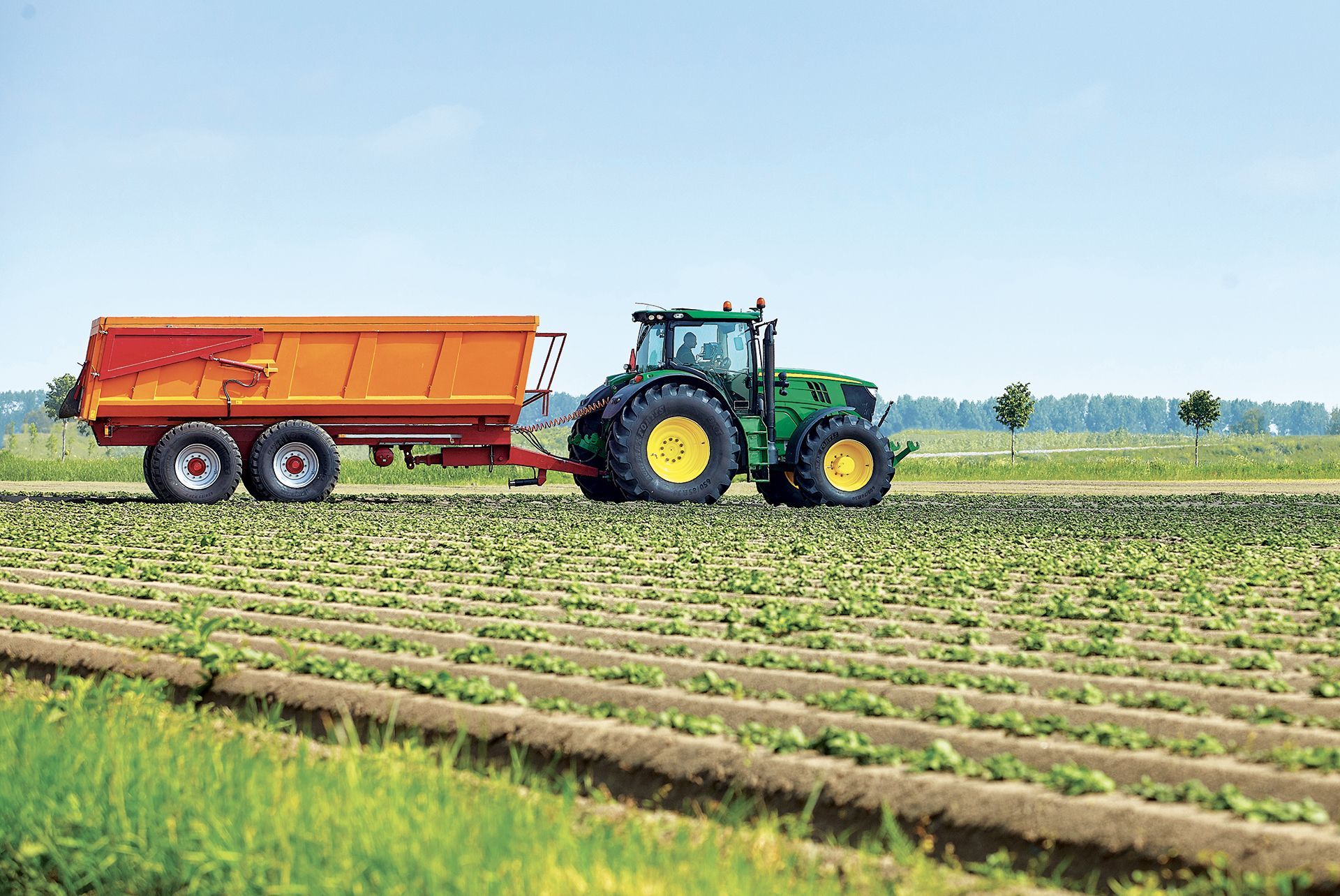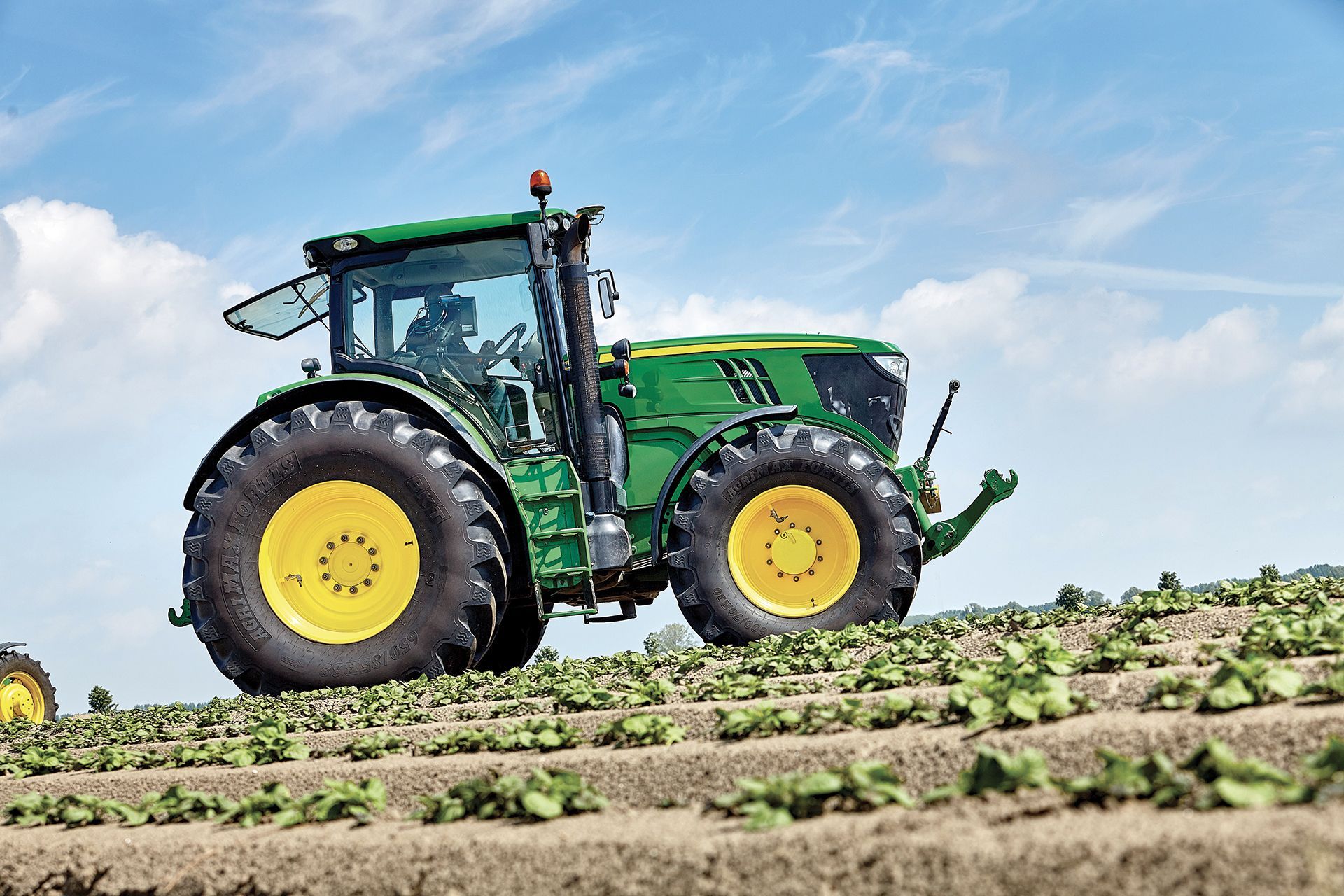1MG FlippingBooks
State-of-the-art tyres that provide quality and affordability

The right tyres can unlock a farm’s productivity, but choosing wisely can be a daunting task. Farmers often confront the conundrum of finding tyres that offer value for money without compromising on quality.
Tradefaire International (TFI) has been in the tyre business for more than 20 years and offers a comprehensive range of brands that capitalise on the latest technology.
Company director James Saunders says quality tyres do not have to break the bank.
TFI is the exclusive local agent of multi-national manufacturer BKT Tyres, which James says “is comparable to Tier 1 brands, yet more competitive in price”.
“BKT has a range of bias-ply and radial tyres to suit your work, from tough conditions to the high load, low pressure requirements of modern farming,” he says.
BKT Tyres are soft on your field, which reduces soil compaction and fuels crop growth and yield.
They have excellent traction, which is essential for navigating difficult terrain, and a low rolling resistance, which improves fuel efficiency and reduces operating costs.
The company is sowing seeds of innovation, introducing new materials, technology, and specialised tyres to meet the diverse needs of Australian farmers.
In its state-of-the-art R&D facility in Bhuj, India, simulation software and data analysis are used to predict and optimise the performance of tyres in different conditions. The use of advanced compounds and materials in tyre construction, such as steel belts, increases durability and strength.
A world-leading manufacturer of Off-Highway tyres, the company has also incorporated very high-flexion technology, which allows tyres to carry heavier loads at lower inflation pressures, reducing soil compaction and increasing productivity.
With origins in 1992, TFI is renowned for its technical expertise and advice that stands the test of time. The company grew from humble beginnings selling solid forklift tyres to the Beaurepaires chain, and is now a leading supplier in the agricultural, forestry, mining, construction, and material handling sectors.
James says TFI is underpinned by honesty and integrity, so “we won’t offer something just for the sake of a sale”.
“We like to understand your need and offer a product that will ensure your satisfaction. Our goal is to maximise your potential, whether you have one or 10,000 acres,” he says.
TFI’s sophisticated national distribution network means that no matter where you are, you can rely on their expert assistance.
“We can match you with the ideal tyre type and tread pattern for your application, and provide after-sales support and services to keep you on the road with minimum downtime,” James says.
By supplying products that push the boundaries of what is possible, TFI is helping farmers across Australia reach their full potential.
Website: https://tradefaire.com.au/
Email: sales@tradefaire.com.au
Tradefaire International supplies tyres with both bias and radial construction.
Bias tyres advantages:
● Flexible body
● Smooth ride over rough terrain
● Less expensive than their radial counterpart
Radial tyres advantages:
● More machine-to-ground power
● Lower rolling resistance
● Improved fuel economy
● Less soil compaction






















